Bay Ridge Locals Slam 'City of Yes' Zoning Proposal as 'Irresponsible and Unacceptable'
The Adams administration’s citywide, business-focused zoning proposal was met with skepticism at a November 29 meeting of Community Board 10.

Bay Ridge. Photo by Susan De Vries
By Jada Camille, Brooklyn Paper
The Adams administration’s citywide, business-focused zoning proposal was met with skepticism at a November 29 meeting of Community Board 10.
“City of Yes for Economic Opportunity” is the second of three parts of the massive “City of Yes” project. It proposes changes to zoning regulations and restrictions that the Adams administration says would foster economic growth by making it easier for different kinds of businesses to open and expand.
But southern Brooklynites largely opposed the plans, which would modify both commercial and residential corridors in Bay Ridge and Fort Hamilton, including 3rd, 4th, and 5th avenues and Fort Hamilton Parkway.
Josephine Beckmann, district manager for CB10, explained that Bay Ridge and Fort Hamilton are currently largely residential – with some areas zoned for commercial and manufacturing uses. Existing zoning regulations restrict certain kinds of businesses from opening in commercial or residential districts, something City of Yes seeks to change.
One of the biggest concerns attendees mentioned was the allowance of commercial and retail stores in largely residential neighborhoods. Steve Harrison, former chair of Community Board 10, said the proposal is too big of a step, and doesn’t consider potential quality of life issues.
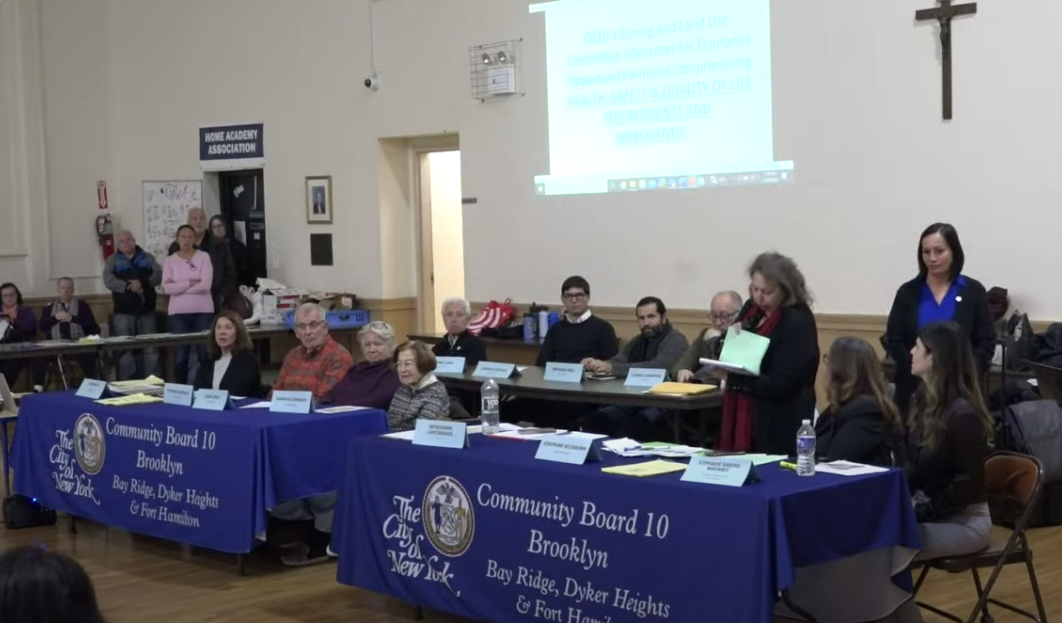
“Over the years, zoning has changed, but it has never been changed on the scale that is being changed right now,” Harrison said at the meeting. “Previously, if zoning was changed and it didn’t work out, you could always work back. If you change this, this is a permanent change, from my perspective.”
The proposal also seeks to change the definition of “home occupation businesses” and will allow retail use in certain buildings zoned as residential.
City of Yes Economic Opportunity was created to promote economic growth by removing outdated restrictions, and boost growing industries by loosening laws on previous prohibited businesses including urban agriculture, licensed labs, nightclubs, and amusement centers. The initiative also allows for business-friendly streetscapes and the creation of new job opportunities.
Carolyn Grossman, director of economic development and regional planning for the Department of City Planning, said the lack of zoning law upgrades has stunted economic growth in certain neighborhoods.
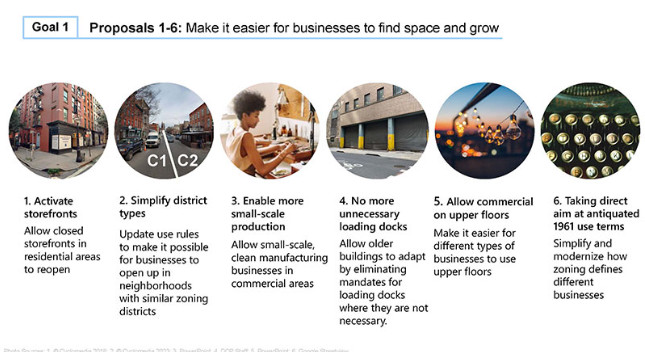
“We lose businesses, we create vacancy, we create costs that are not necessary by having these rules that really haven’t been updated in a long time,” she said.
According to Grossman, amany of the negative reactions DCP has heard from the community are simply misunderstandings that can be cleared up with time.
“Our real intent coming here and coming out of the pandemic and seeing the economic challenges that the city has gone through is to take feedback and try and make our rules more simple, more modern, more flexible,” Grossman said.
Board member Lori Willis called the design “rushed,” and critiqued its lack of consideration toward locals.
Though the plan was made to aid small-business owners, Willis said he believes it was drafted too broadly and will only cause a negative impact to the overall state of Bay Ridge and the surrounding neighborhoods. Along with the loss of exclusively residential streets, Willis said the redesign raises concern of public safety, security, quality of life, streetscapes, and congestion.
“They pointed out that zoning hasn’t changed since 1961 and it was their opinion that the zoning was antiquated,” Willis said. “Just because something is old, it’s not necessarily antiquated because humans are still humans and we still kind of do the same things in a lot of ways. We still want to be able to sleep at night and enjoy our homes with a degree of reasonable peace and quiet.”
A couple of local pols publicly decried the plan, calling it “radical” and “irresponsible.”
“I’m pro-business. I love to have businesses. Businesses drive the engine of opportunities and wealth,” said Assembly Member Lester Chang, who represents parts of Bensonhurst and Dyker Heights. “But I see here that this may be way too much of giving businesses a free hand and driving into our residential neighborhood.”
Assembly Member Alec Brook-Krasny, who represents parts of Bay Ridge and Bath Beach, said it’s up to the community to push back on the city’s proposed plan and share what improvements they do or don’t want in southern Brooklyn.

“This is absolutely irresponsible and unacceptable,” he said. “We have to help the community board to defend our neighborhoods and to defend our communities.”
According to Grossman, DCP has not scheduled a date to vote on the initiative, and recently granted a request from the city’s community boards for more time to look over the redesign. They do not anticipate a voting date being set any earlier than February of 2024.
Community Board 10 will hold another Zoning and Land Use public hearing on December 11 at 6:30 p.m.
Editor’s note: A version of this story originally ran in Brooklyn Paper. Click here to see the original story.
Related Stories
- ‘Blank Check’ to Developers or Chance to Curb Displacement: Locals Comment on City of Yes
- Mayor Adams Outlines Plans to Make Way for More Housing and a ‘City of Yes’
- NYC Has More Housing Than Ever Before Yet It’s Still Not Affordable
Email tips@brownstoner.com with further comments, questions or tips. Follow Brownstoner on Twitter and Instagram, and like us on Facebook.

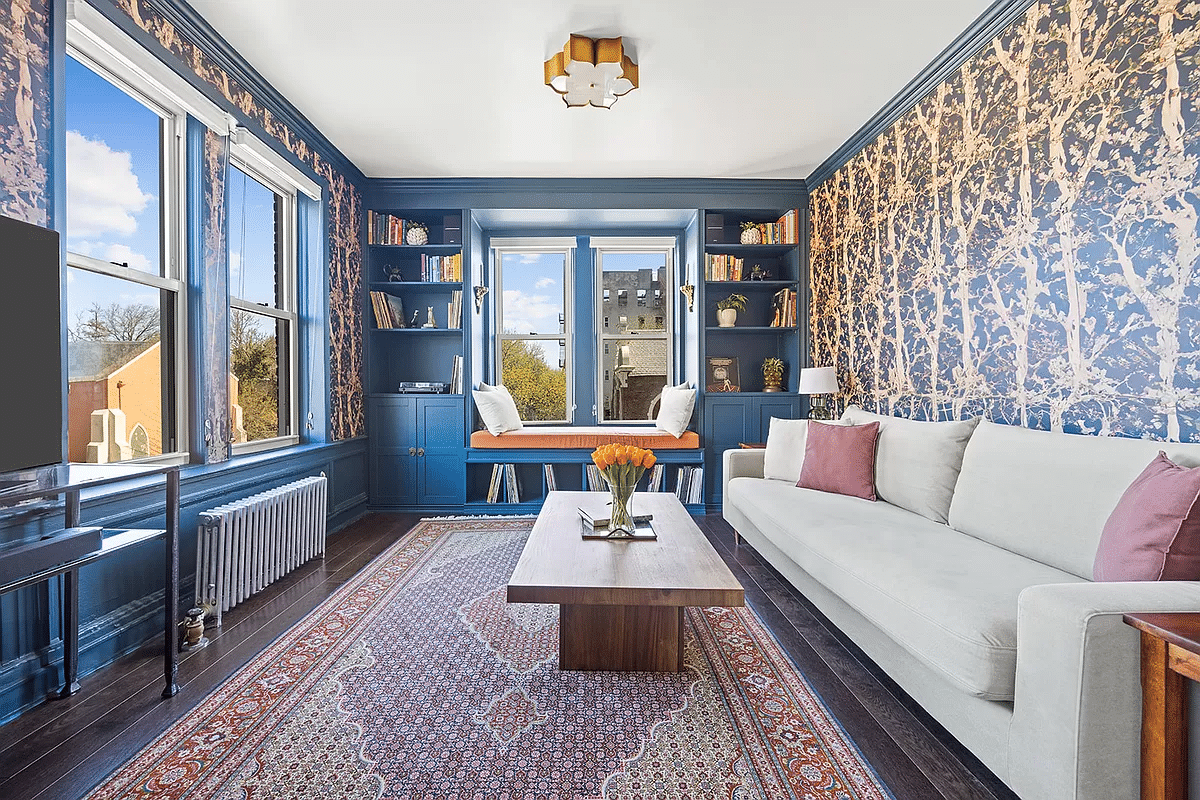
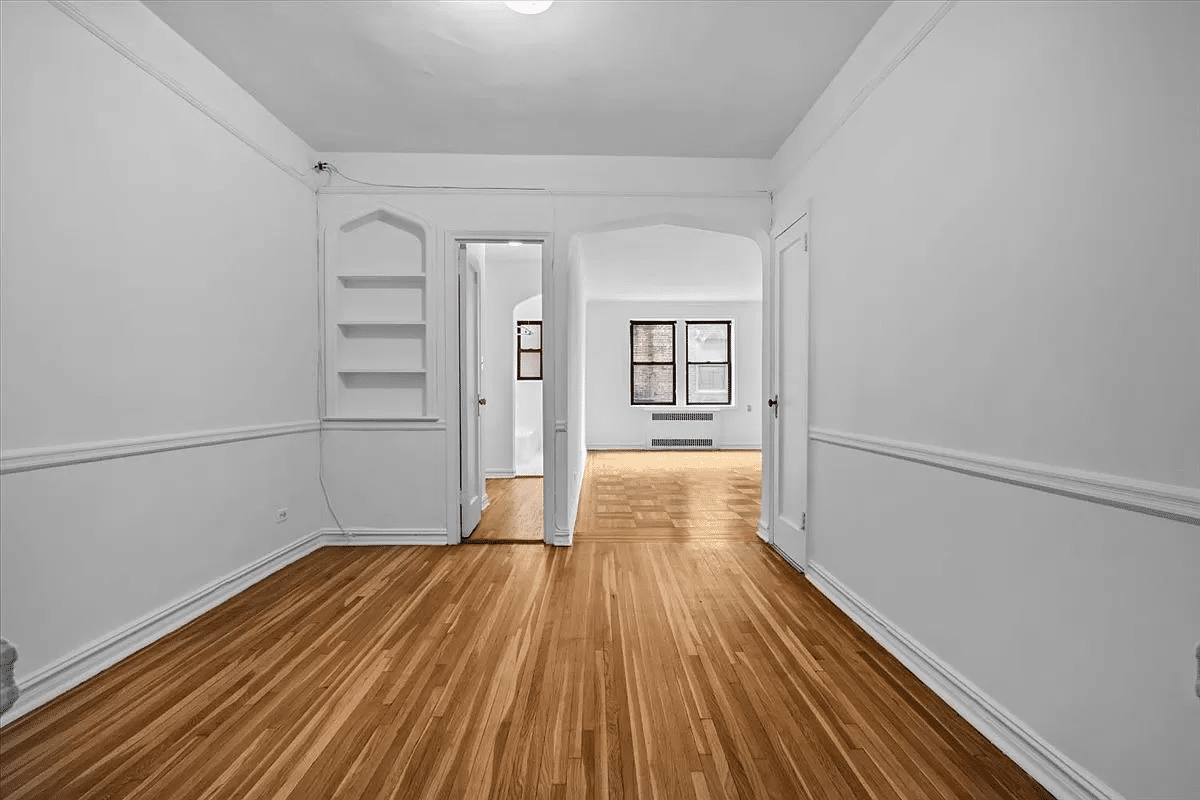
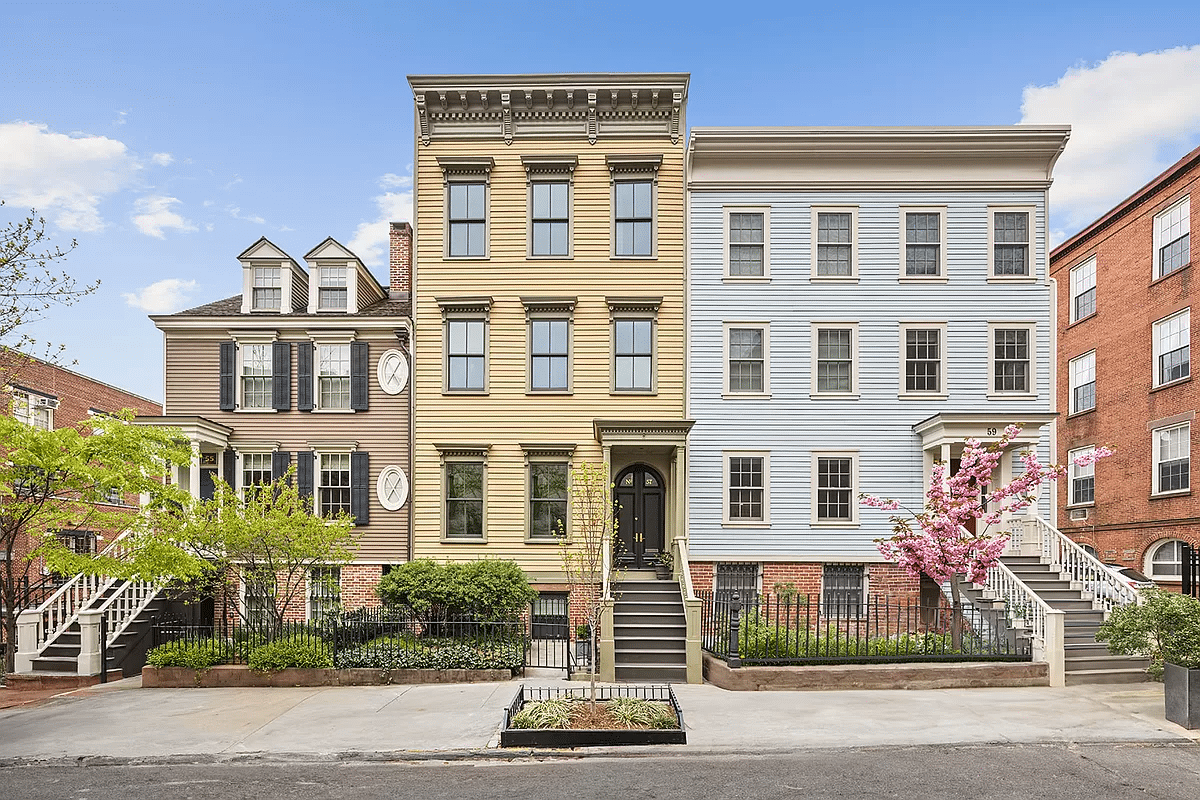
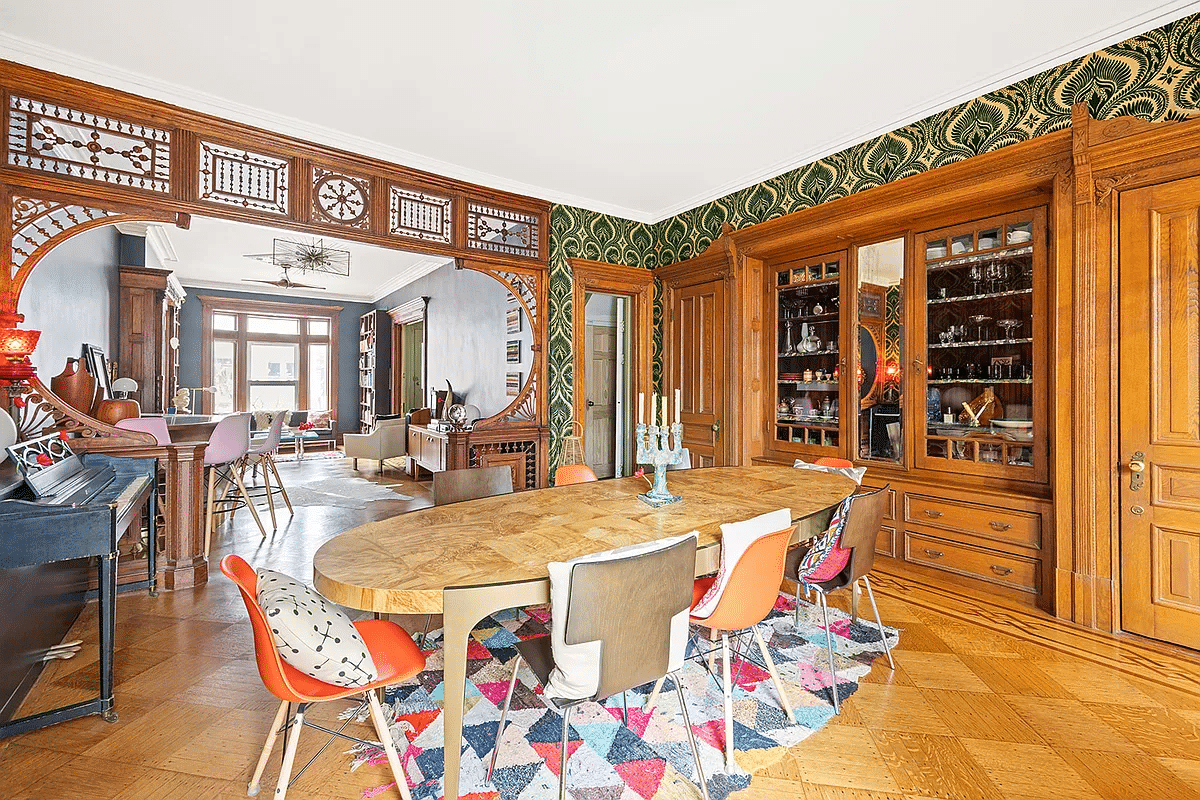




What's Your Take? Leave a Comment